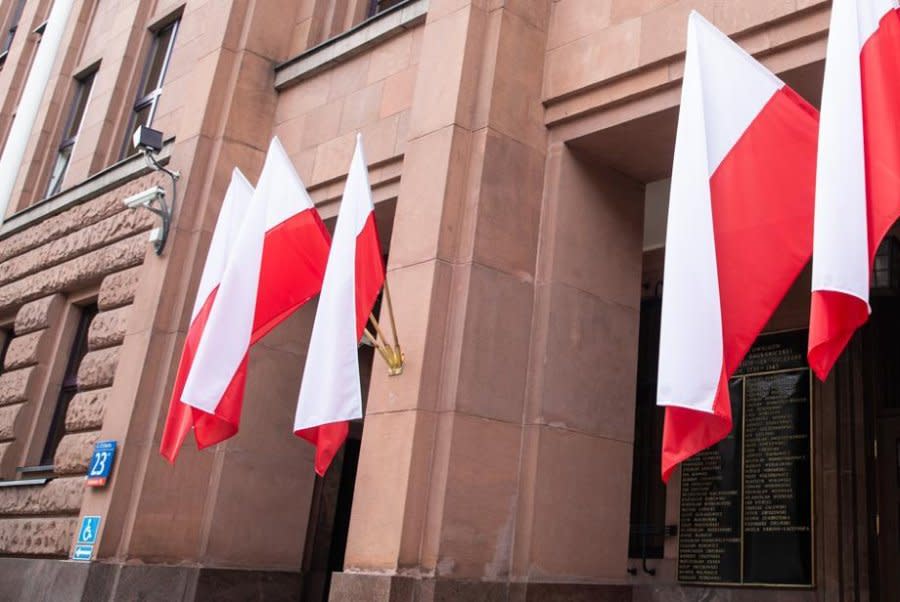Poland says it too targeted in Russian cyberattacks across Europe

May 4 (UPI) -- The Polish government says it was also the target of a Russian-backed hacking group that European and U.S. officials claim has carried out a series of cyberattacks against democratic institutions in Europe.
Poland's foreign ministry confirmed in a statement issued late Friday it had been targeted by the Russian hacker group known as Fancy Bear or APT28.
Polish officials did not elaborate on the extent of the attempted cyberattacks.
The statement came shortly after Germany and the Czech Republic confirmed those countries were also targeted by the same Russian-backed hacker group.
"Poland stands in solidarity with Germany and with Czechia following the malicious cyber campaign against their political parties and democratic institutions," the Polish foreign ministry said in the statement.
"Poland, being also among targets of the APT28, strongly condemns the repetitive and unacceptable malicious cyber campaigns conducted by the Russian actors."
Germany said it summoned the acting chargé d'affaires of the Russian embassy in Berlin to answer questions about a Russian cyberattack last year aimed at the governing Social Democratic Party.
The European Union and NATO on Friday both condemned the attacks and Russia's involvement against all three countries.
"The malicious cyber campaign shows Russia's continuous pattern of irresponsible behavior in cyberspace, by targeting democratic institutions, government entities and critical infrastructure providers across the European Union and beyond," EU foreign policy chief Josep Borrell said in a statement.
"The EU will not tolerate such malicious behavior, particularly activities that aim to degrade our critical infrastructure, weaken societal cohesion and influence democratic processes," he added, referring to the June elections to the European Parliament.
NATO also called on Russia to comply with its "international obligations."
Germany earlier on Friday confirmed the attacks against it, while at the same time offering supporting words to the Czech Republic.
"The Russian cyber attacks are a threat to our democracy, which we are resolutely countering. We are acting side by side within the EU , NATO and with our international partners," German Federal Interior Minister Nancy Faeser said in a statement.
"We will not allow ourselves to be intimidated by the Russian regime under any circumstances. We will Continue to massively support Ukraine, which is defending itself against Putin's murderous war," she said.
The United States also weighed in Friday, strongly condemning what it called "the malicious cyber activity by Russia's General Staff Main Intelligence Directorate (GRU), also known as APT28, against Germany, Czechia, Lithuania, Poland, Slovakia, and Sweden.
"We join Germany in attributing specific malign activity carried out by APT28 that targeted a German political party," State Department spokesman Matthew Miller said in an official statement.
Meanwhile, the Kremlin dismissed the European allegations of cyberattacks as "groundless."
"The U.S. authorities simply have nothing to demonstrate in support of their insinuations," Russian Ambassador to Washington Anatoly Antonov said in a social media post.
"It is obvious that such provocative bogus stories will only intensify as the U.S. presidential election is coming up, as it was the case in previous years. Local politicians feel like masters of the situation, escalating the alleged 'Russian threat' and distracting voters' attention from pressing issues," he wrote.


